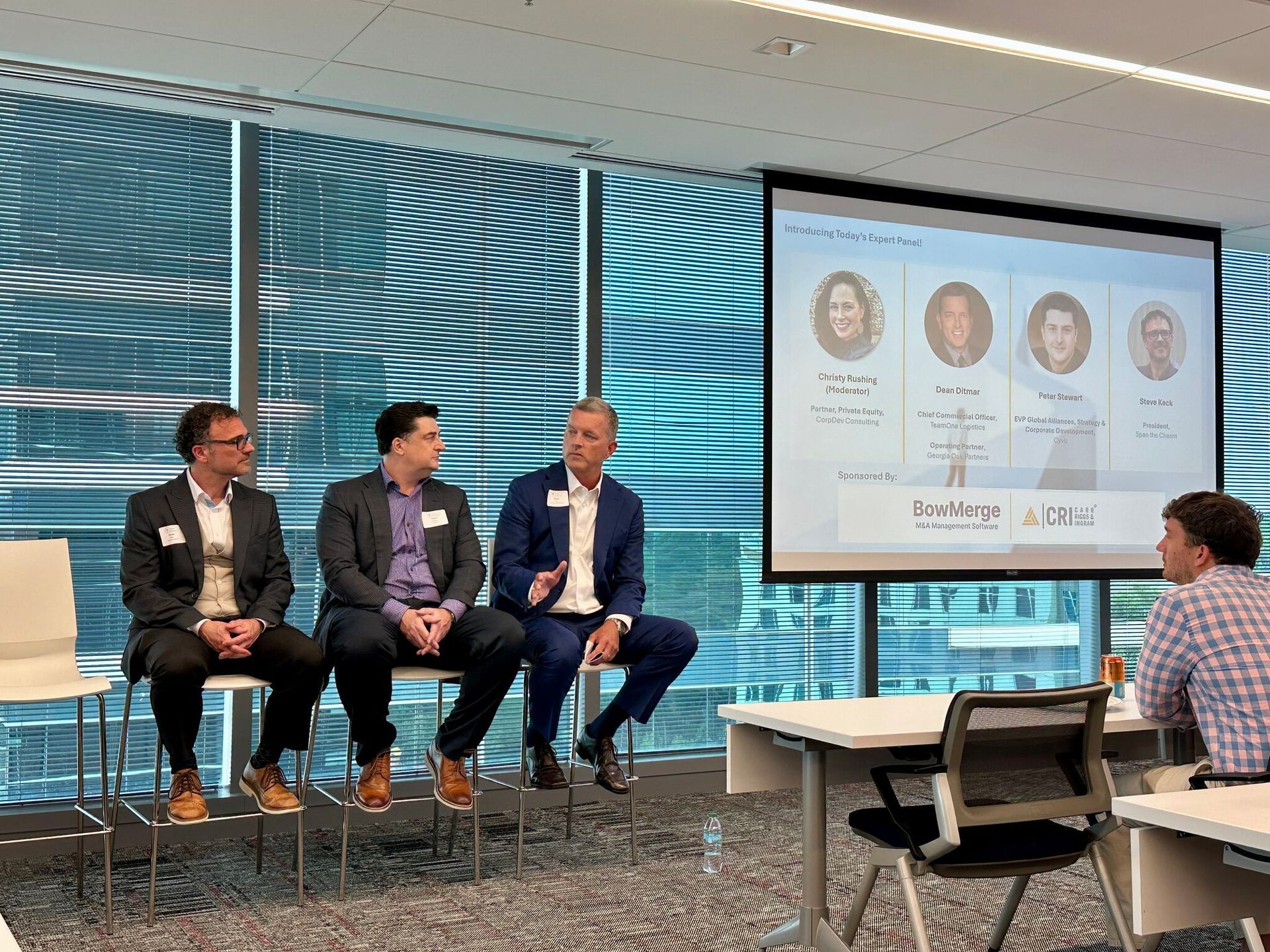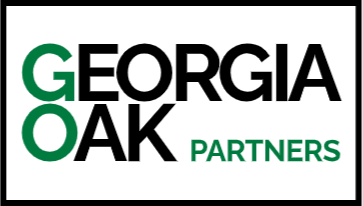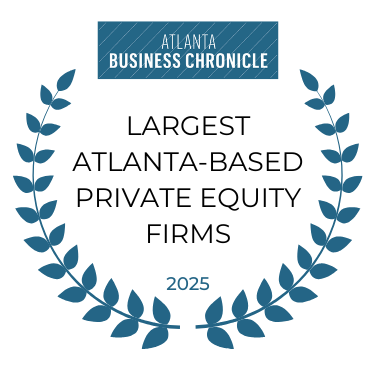Insights
NEW FEATURES BY DATE
List of Services
-
12/9/2025 Building Resilient Companies in a Complex Market: Quotes from Dean Ditmar12/9/2025
-
7/25/2025 Scaling with Intention: Growth Lessons from the Front Lines7/25/2025
-
6/6/2025 How to Position Your Brand for Acquisition: A Marketing Playbook for Sellers6/6/2025
-
4/16/2025 Cultivating a Culture of Accountability and Empowerment4/16/2025
-
1/1/2025 Case Study: Preserving Legacy While Driving Growth through Minority Deals1/1/2025
-
5/20/2024 Georgia Oak Associate Job Description5/20/2024
-
3/4/2024 1851 Franchise: "Private Equity and Sports: The MVP Playbook"3/4/2024
-
9/21/2023 (Atlanta Business Chronicle) Atlanta Braves legend joins Georgia Oak Partners9/21/2023
-
4/11/2022 Can You Raise Prices in This Market? If Not, When?4/11/2022
-
12/18/2021 Putting People First12/18/2021
-
6/30/2021 Staffing Industry Insights6/30/2021
-
3/18/2021 Remote Work: A Permanent Part of Every Industry3/18/2021
-
2/4/2021 A Year of Growth: Focusing on Human Capital in 20212/4/2021
-
8/27/2020 COVID-19 Leadership with Page Siplon, CEO of TeamOne Logistics8/27/2020
-
8/27/2020 Culture Shifts During COVID-19 and Beyond8/27/2020
-
7/23/2020 Georgia & National Labor Market Trends: A Look at Six Key Industries7/23/2020
-
7/23/2020 Miked Up: Organizational Diversity - Volume 2, Part 17/23/2020
-
6/16/2020 Virtual Communication in Uncertain Times6/16/2020
-
6/16/2020 Harnessing the Power of Technology6/16/2020
-
5/27/2020 Miked Up: Volume 1, Part 15/27/2020
-
5/6/2020 The Front Lines of Business Continuity5/6/2020
-
5/6/2020 Navigating the New Normal5/6/2020
-
1/8/2020 Build Successful Teams with These 5 Elements1/8/2020
-
6/5/2019 Minority vs. Majority Deals6/5/2019
-
3/1/2019 Video Case Study: Sailfish Boats3/1/2019
-
11/28/2018 What Is Your Legacy?11/28/2018
-
9/7/2018 Recruiting and Retaining Manufacturing Talent9/7/2018
-
4/5/2018 Navigating the Sale Process: From LOI to Post-Close4/5/2018
-
10/18/2016 Selling to Your Management Team10/18/2016
Scaling with Intention: Growth Lessons from the Front Lines

At a recent event hosted by TAG’s Corporate Development Society, Georgia Oak’s Dean Ditmar joined fellow panelists Peter Stewart (Cyviz), Steve Keck (Span the Chasm), and moderator Christy Rushing (CorpDev Consulting) for a candid conversation about what it takes to scale a business without ruining what made it special.
The panel unpacked the often-overlooked building blocks required before launching into M&A, expansion, or other growth strategies. From culture to systems to leadership, here are the key takeaways.
Start Before the Deal Closes
One of Georgia Oak’s biggest differentiators is the depth of involvement before a deal even closes. “We start building trust during diligence,” said Ditmar. “We’re local, so we’re already on the ground with the management team.”
Ditmar described an example of bringing in Georgia Tech’s MEP team to a new manufacturing partner company pre-close to assist with a strategic plant move, illustrating how Georgia Oak’s partnership approach is hands-on even before the check is signed.
A Structured, Flexible Playbook for Value Creation
Ditmar described the Georgia Oak value creation playbook that spans the deal life cycle and is broken down into four phases:
- 100-Day Plan – A customized, multi-functional roadmap template with prioritized actions, timelines, and responsibilities.
- Immersion Phase (Months 3–9) – Collaborative planning around business strategy, budgets, and team alignment.
- Execution Phase (Years 1–3) – Focused on scaling through M&A, operational upgrades, and leadership development.
- Consolidation – When the time is right, Georgia Oak supports portfolio companies in preparing for an exit, including finalizing add-ons and refining the long term plan. Georgia Oak will then take the lead on banker selection and go-to-market strategy.
Because Georgia Oak isn’t bound by traditional fund timelines, they can hold businesses for as long as it takes to grow sustainably. “We’ve operated many of our portfolio companies for a number of years,” Ditmar noted. “That kind of flexibility and long term vision gives comfort to founders focused on legacy.”
People First, Always
Time and again, the panel came back to one theme: the people make or break the strategy.
Ditmar emphasized identifying leadership gaps early and making key hires fast. “There’s no point building a plan the team can’t execute,” he said. Georgia Oak often adds fractional CFOs and operational leaders in the early days to stabilize and accelerate progress.
Steve Keck added, “The people who get you to $5 million may not be the ones to get you to $50 million. That transition has to be managed intentionally.”
Systems, Sales, and Data Discipline
Founders may not realize how much inefficient systems and messy data hold back decision-making. Georgia Oak addresses this quickly, often making their first hires in finance roles. Clean financials and upgraded systems lay the groundwork for strategic decisions and reliable growth.
Sales and marketing also get early attention. “How are you positioned? What makes you different?” Ditmar said. “That’s where our team leans in — including brand strategy, top of the funnel lead generation, and go-to-market clarity.”
Scaling Culture, Not Just Revenue
Peter shared his experience scaling Cyviz from a Norwegian startup to a global tech company. The key to scaling without losing your soul? What he calls the cadence of culture: regular, intentional team gatherings to reinforce shared values.
“Success begets success,” Stewart said. “Win that first deal in a new market, highlight the team who did it, and build from there.”
He also cautioned leaders to protect the quiet rockstars — especially in technical roles. “Losing key contributors can slow innovation and weaken valuation,” he said.
When It’s Time to Pivot
Steve described how misalignment shows up before leadership sees it: rising turnover, cultural disconnects, customer complaints. Founders must be attuned to these early signals.
He also stressed the importance of founder mindset. “Going from founder to CEO isn’t just operational — it’s emotional,” he said. “You have to trust others to own outcomes and be willing to let go.”
Bottom Line: Growth Starts with the Fundamentals
Moderator Christy Rushing closed the discussion by tying it all together. Whether you’re preparing for M&A, expanding into new markets, or simply professionalizing your operations, the building blocks matter: the right people, clean data, trusted leadership, and a roadmap everyone’s aligned on.
At Georgia Oak, those fundamentals aren’t an afterthought — they’re the core of how we help companies grow.
At Georgia Oak, we’re committed to enhancing your business and helping founders grow their legacies
to their fullest potential. If you find we’re a good fit for your next step, please reach out to us.



